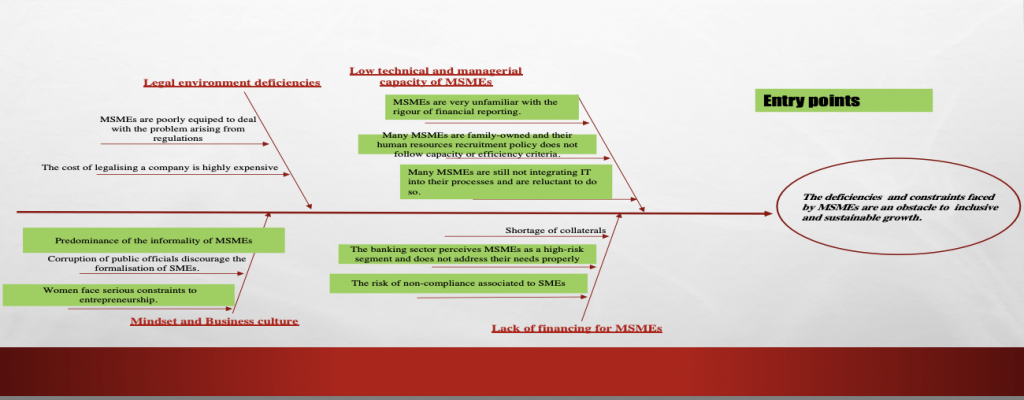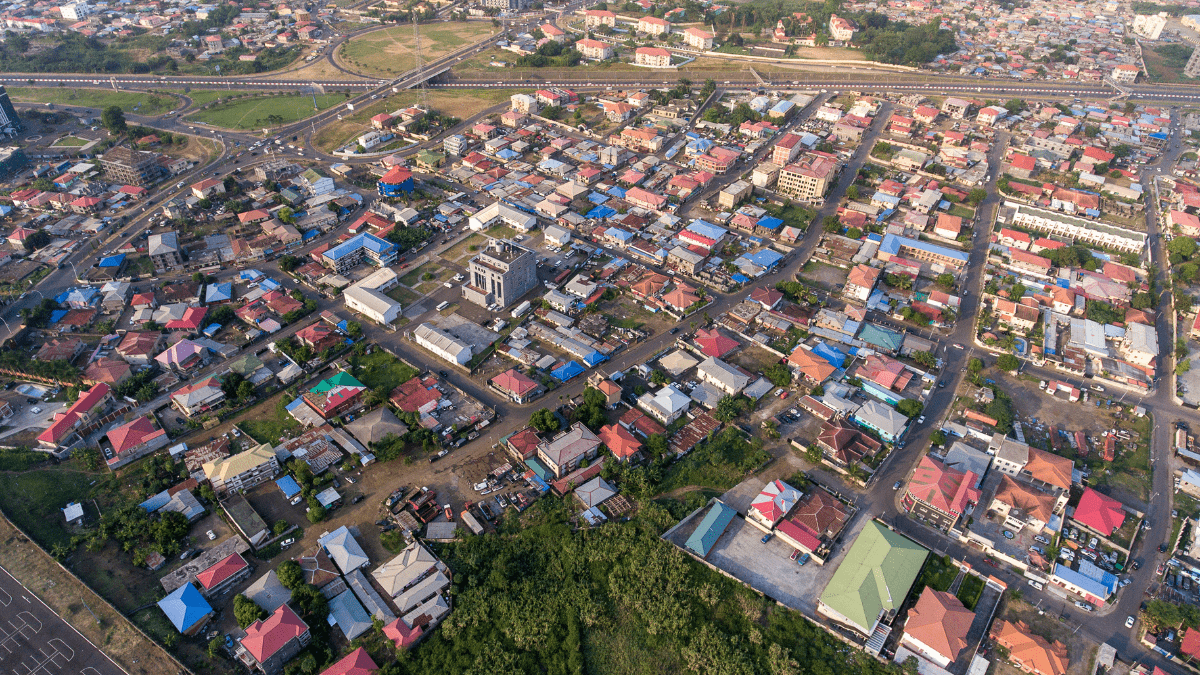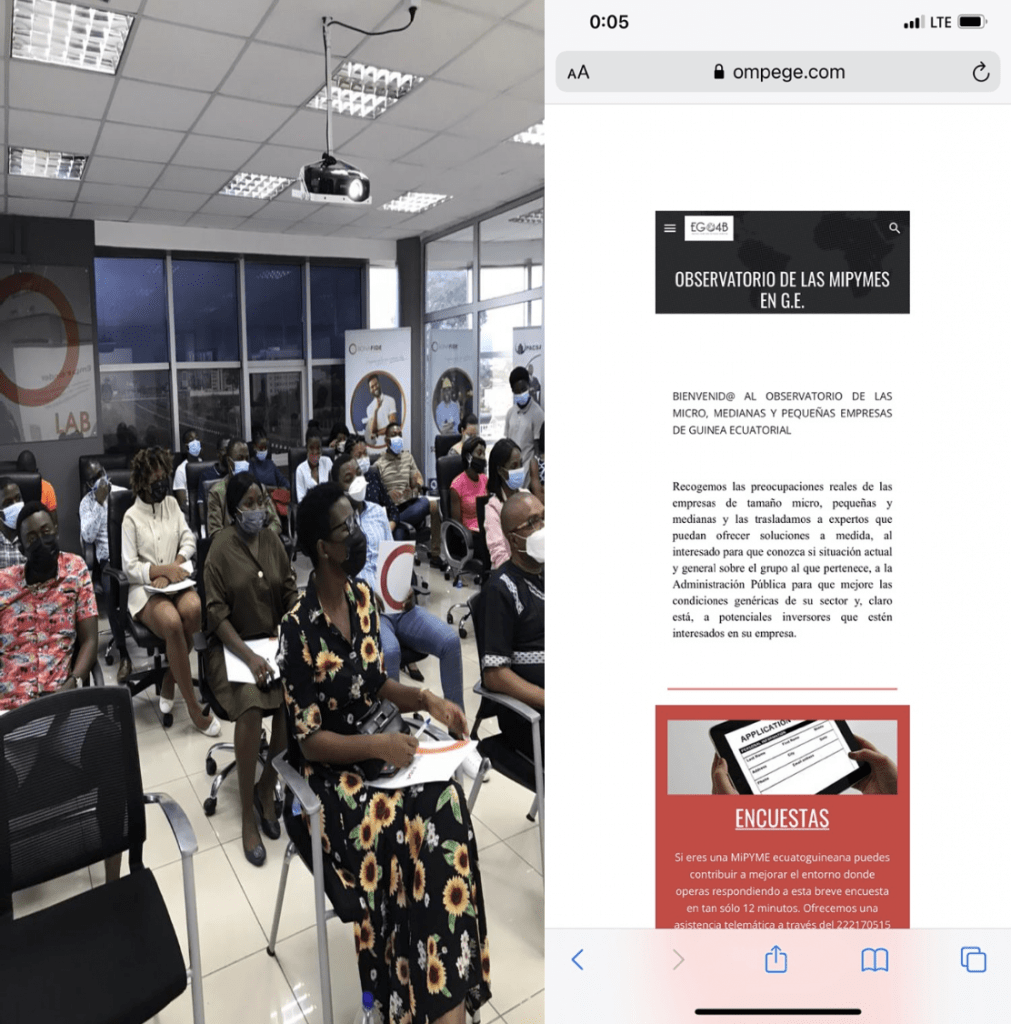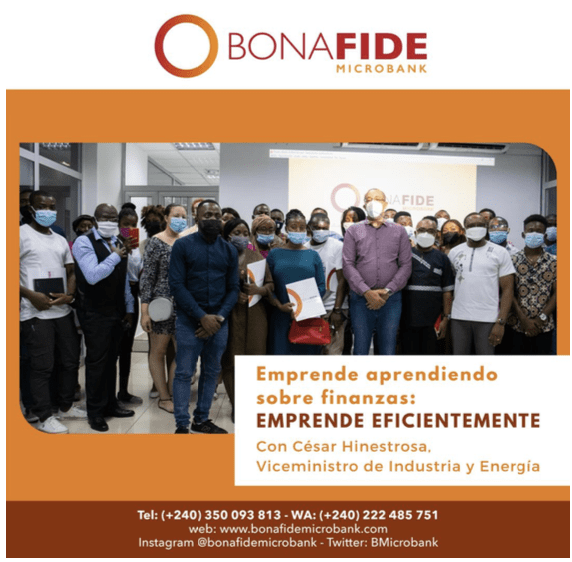Guest blog written by Cesar A. Mba Abogo
I signed up for the Implementing Public Policy (IPP) course after having completed Leading Economic Growth (LEG), where my understanding of the economic growth challenges facing my country, Equatorial Guinea, had been literally reset. Attending LEG was a bit of cathartic therapy for me, as I had been Minister of Finance, Economy and Planning in a particularly exceptional period. From April 2019 to October 2020, Equatorial Guinea had closed a bailout programme with the IMF and launched a wide-ranging catalogue of macro-fiscal stabilisation and governance improvement measures. In the midst of these far-reaching reforms, COVID19 had emerged as an existential challenge for which humanity was ill-prepared. LEG helped me to sharpen my understanding of economic complexity, to re-examine my tenure as head of my country’s Ministry of Finance, and to understand a notion that now seems like a no-brainer: the change space, this chessboard where reformers struggle between what is feasible in the local ecosystem versus the legitimacy required by external demands.
Throughout LEG, the growth challenge I focused on was the low productivity of the non-oil sector as an obstacle to inclusive growth. The narrative and available data led me to the thesis that this low productivity was an unintended consequence of Equatorial Guinea’s over dependence on the oil sector for more than two decades. I came to a somewhat stark but hopeful conclusion: Equatorial Guinea was crossing a bridge under turbulent waters on a journey into the unknown that required an adaptive strategy that generates knowledge and facilitates evidence-based, sequential and iterative decision-making.
When I enlisted in IPP, my expectation was to further deepen this challenge, especially in terms of keeping the flame of reform alive on the chessboard of the change space, and to vehicle a strategy in response. Obviously, this required grounding that great challenge identified and addressed in LEG. IPP for me was thus to deepen the PDIA methodology and test the knowledge with a real initiative. The policy challenge I chose, in connection with what I learned in LEG, was the weaknesses and constraints faced by MSMEs in Equatorial Guinea; in my opinion these weaknesses hinder economic recovery efforts after COVID19, as well as the steady ambition for inclusive and sustainable economic growth. The fishbone diagram of this problem along with its corresponding entry points is the figure below.

I must say here that this Fishbone diagram did not start out looking like this. In the beginning the causes and sub-causes were multiplying, making the exercise very unwieldy. I bring this point up because it is for me the basic premise of this course. That is, the ability to visualise the level of complexity involved in the political challenge that concerns us, its uncertainty and volatility, as well as the ability to map the ecosystem of actors and institutions, categorise them and pragmatically undertake the task of gradually unravelling the complexity, accumulating knowledge and discovering new leads to advance, in successive iterations, towards the solution of the problem. The idea is not to find the solution to the problem, but to learn to know the problem, as well as the concomitant circumstances.
Once we are clear about the above premise, it becomes easy to list some of the the lessons that I, in this case, have drawn from this course:
- IPP teaches you humility. On the one hand, when faced with a policy challenge, do not mask your ignorance of the nature of the challenge, on the contrary, bring it out. Admit that you don’t know or can’t control everything. On the other hand, it makes you forget the heroic leader, such a figure does not exist in practice, what it is about is to engage, to persuade. One is not the solution to the problem, many are the solution to the problem and it is necessary to understand the place of each of these many. If the ultimate substance of politics is power, power to meet a political challenge, in this case, IPP teaches you that this power should not be about you.
- IPP teaches you the great power of small steps. IPP could well be summed up by saying that the longest distance is covered by starting with one step. IPP teaches you to take that step, to value it, to document it, to know how to answer in every moment to simple questions such as: what does this step I have just taken mean? what challenges has taking this step implied for me? which people or institutions have been key to take this step? and the same goes for when you don’t take any step. The fact is that it teaches you to see clearly the direction to follow and it teaches you above all to document the whole process, which allows you to increase your understanding of yourself, others and the journey itself.
- IPP helps you build coalitions for success in your response to the policy challenge at hand; it equips you with the knowledge to maintain this coalition and expand it, if necessary; it teaches you how to manage time and task delegation; how to cultivate and celebrate talent; and it reminds you of the obvious that between what we think, what we say (or do) and what is actually heard (or perceived) by those who hear (or see) us there can be chasms, and the management of emotions (internal and external) is a critical aspect of our success.
During the IPP course, I managed to generate an alliance made up of international organisations, government, companies, civil society associations and the academic sector to respond to the challenge posed to micro, small and medium-sized enterprises by the limited use of ICTs, the low level of managerial skills and the difficulties in accessing financing. The project has crystallised in an initiative led by the Equatorial Guinea Open 4 Business Foundation, which had been working until 2020 with the World Bank to improve the business climate in Equatorial Guinea, and with the BONAFIDE MicroBank, a fintech leader in financial inclusion in Equatorial Guinea. An observatory for micro, small and medium-sized enterprises has been created in Equatorial Guinea, which is carrying out a national survey for MSMEs; several courses have been held to train entrepreneurs in various areas; and a fund is being created to ease access to credit for agropreneurs, mainly youth and women.
During the IPP course I also ended my sabbatical period. I am now Country Manager of the African Development Bank in Mozambique, a position where I will have plenty of opportunities to apply what I have learned.
This is a blog series written by the alumni of the Implementing Public Policy Executive Education Program at the Harvard Kennedy School. Participants successfully completed this 6-month online learning course in December 2021. These are their learning journey stories.


